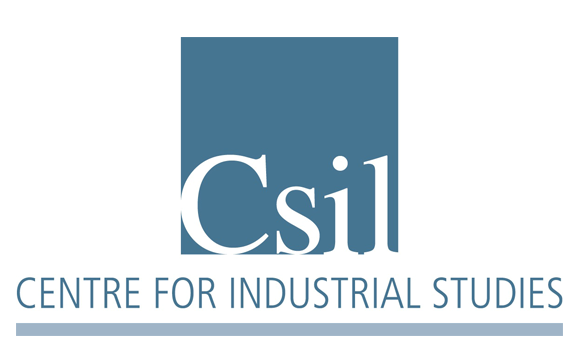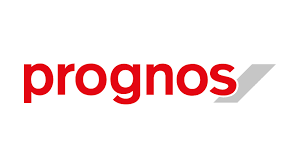Description
The last decade has witnessed the intensification of several challenges and the appearance of new ones, both within the EU and across the world, including globalisation and geo-political developments, the digital transformation and green transition, and the recent COVID-19 pandemic emergency. Many regions face the need to restructure their economy, promote innovation and stronger participation in international markets to tackle these challenges, attract investments and create or maintain jobs. Cohesion Policy has a crucial role to play in tackling the main obstacles locking SMEs’ potential and impeding these challenges from exacerbating the divergences between territories. In 2014-2020, EUR 96 billion of ERDF money for the period, or 27% of total Cohesion Policy funding, was devoted to ‘smarter Europe’ objectives, for support to research and innovation, ICT, and competitiveness of small and medium enterprises (SMEs).
As of June 2021, more than EUR 76 billion was specifically allocated by national and regional ERDF programmes to SME support under different Thematic Objectives, for a total EU contribution of EUR 56 billion. More than 265 thousand operations have been funded, and nearly 700 beneficiaries supported. EU funds have been activated to support the liquidity needs of SMEs, encourage entrepreneurship in both traditional sectors and new market niches, promote the take-up of digital technologies and new business practices, with the aim of making European SMEs more resilient and prepared to unlock new opportunities.
This evaluation stems from the ambition to build a solid evidence basis on the effects of ERDF support for SME competitiveness in the 2014-2020 period, understand the factors that influence the generation of these effects, so as to identify good practices that can inform policy making in the 2021-2027 period and beyond.
Team
Coordinator
Ricardo Paes Mamede
Researchers
Nuno Bento
João Paiva-Silva
Henrique Fernandes Pereira
Dates
Begin Date
- August 2022
End Date
- December 2023


